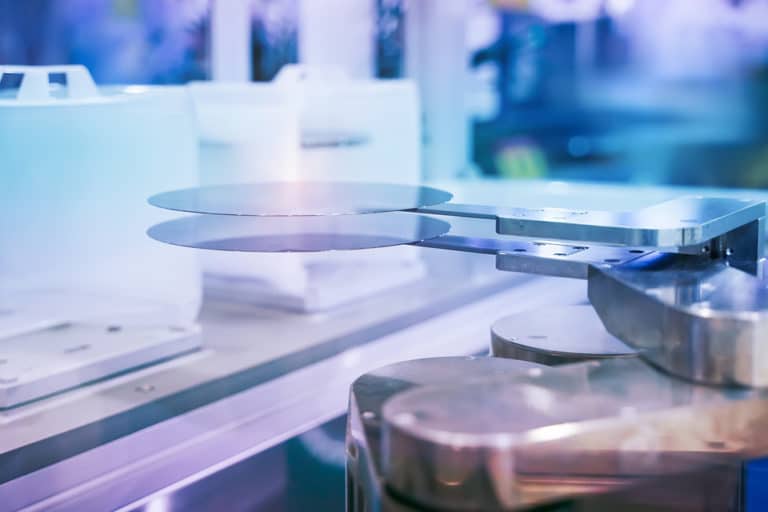Both Intel and TSMC see no end in sight in the short term to the chip shortage that is now affecting more and more industries. Both companies are doing everything they can to meet demand, but adding capacity takes time.
Intel CEO Pat Gelsinger says in an interview with The Washington Post that his company is doing everything it can to ease some pain in the short term. The company wants to start contributing to the production of chips for cars starting in the next six to nine months. Gelsinger thinks the company can certainly help with the chip shortage but that it will be a few years before it is completely solved.
No real solution until 20233
TSMC doesn’t paint a positive picture of the future either. The company said this week that it expects some alleviation in shortages in the automotive industry in the coming quarter but that the shortage will continue at least through 2021 and probably next year as well. The company is investing heavily in the construction of new chip factories, but they will not come online before 2023, Bloomberg writes.
Large investments in new factories
Earlier this month, TSMC announced an investment of 100 billion dollars (84 billion euros) that the company wants to spend on new chip factories. With this investment, the company wants to significantly scale up its production capacity in the next three years. This is a considerable increase on the 28 billion dollars (24 billion euros) that the company initially planned to invest. The new chip factories will be located in the American state of Arizona, among other places.
Intel changes plans
Intel has traditionally been a company that uses its own factories to produce only its own chips. Under the leadership of the newly appointed CEO Pat Gelsinger, the company is making a major U-turn. The doors of its chip factories are wide open to allow other chip designers to come and build their chips. Simultaneously, the company has also announced plans to outsource part of its chip production to competitors such as TSMC.
Intel has also announced ambitious plans to scale up its production capacity. That company, too, has already announced concrete plans to build more factories in Arizona, but it also has plans to set up even more production capacity in both the US and Europe.
Building new factories take time
Samsung Electronics, the other major player with cutting-edge chip capacities, also has big plans to scale up its production capacity. However, all three parties are dependent on the construction of more factories, which can take several years. In the meantime, the existing factories are working at their maximum capacity to keep up with the huge demand for chips.
